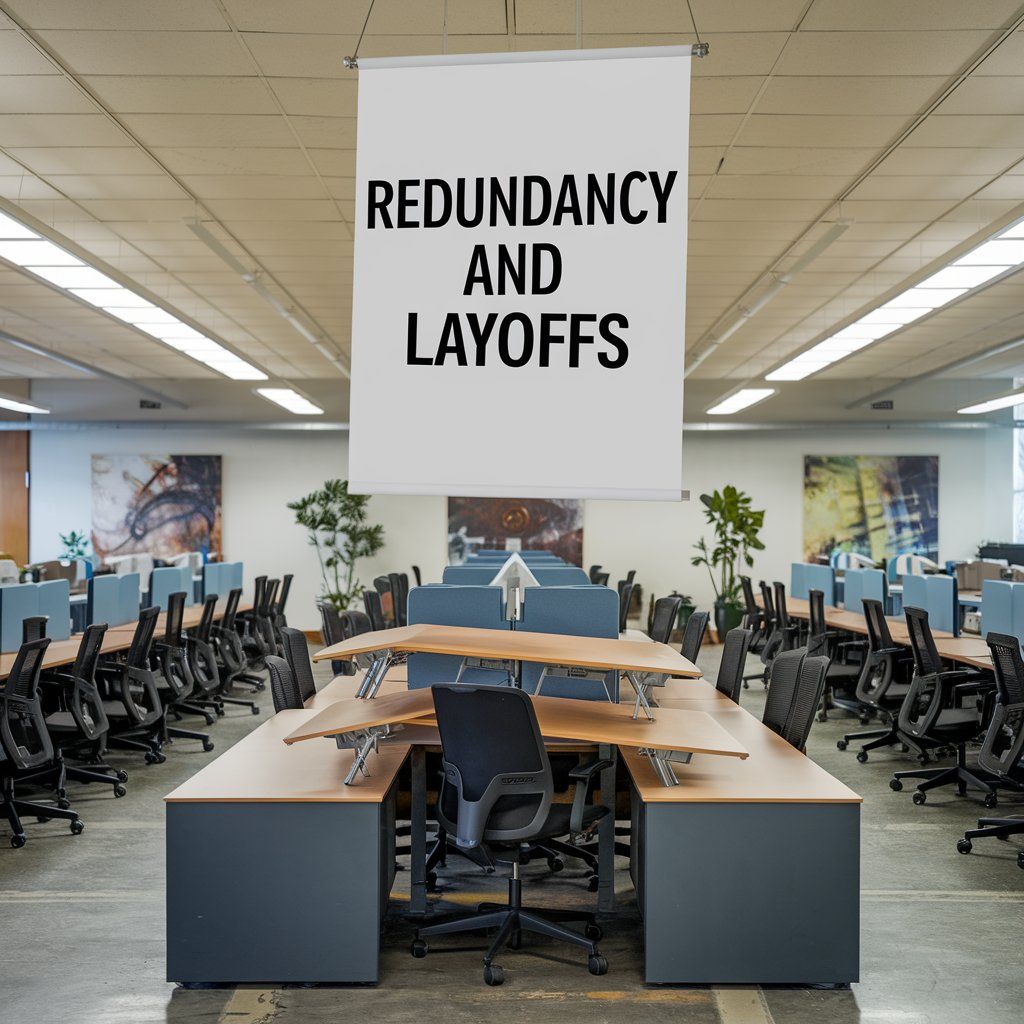Guide to buying and selling
Guide to buying and selling
Whether you’re buying or selling, our guide explains the process in simple terms so you know what to expect and when.
OFFERS ACCEPTED AND SALE AGREED… WHAT NEXT?
What does the buyer need to do first?
• Instructs solicitor
• Provides ID documents and proof of funds, together with any search money
• Applies for mortgage
• Instructs surveyor if detailed surveys required
What does the Seller need to do first?
• Instructs solicitor
• Provide ID documents and details of any existing lender (if any)
• Completes Property Information Form, Fittings and Contents Form and provide any certificates or documents relating to the Property
What does the buyer’s Solicitor do first?
• Carries out due diligence checks
• Checks contract, legal title and other paperwork
• Raises enquiries on property with seller’s solicitor
• Submits searches
• Checks mortgage offer
• Receives replies to enquiries
• Reports to buyer on enquiries and searches
• Prepares legal transfer, stamp duty forms and mortgage documents (if any)
• Arranges for buyer to sign contract, transfer, mortgage deed (if any) and stamp duty documentation
• Provides buyer(s) with a completion statement and requests deposit funds
What does the Seller’s Solicitor do first?
• Carries out due diligence checks
• Obtains Title Deeds
• Prepares draft contract
• Helps seller to answer enquiries and reports to buyer’s solicitor
• Checks draft transfer
• Arranges for seller to sign contract and transfer documentation
• Requests a redemption figure for any charges in readiness for the completion date (if any)
• Prepares a completion statement in readiness
CONTRACTS EXCHANGED. All partied are now committed to complete the transaction on a set date and the buyers deposit is sent to sellers solicitor.
What happens when the Buyer’s Solicitor prepares for completion?
• Prepares Transfer Deed and requests mortgage advance
• Collects the balance of purchase monies from the client (if any)
• Carries out final Land Registry and Bankruptcy searches
• Legally completes the matter with the Seller’s Solicitor
• Registers property with HM Land Registry
• Pays Stamp Duty fees (if any) to HM Revenue & Customs
What happened when the Seller’s Solicitor prepares for completion?
• Finalises any mortgage repayment figures
• Finalises estate agent commission
• Checks the completion statement with the Seller to ensure all figures are as expected
• Legally completes the matter with the Buyer’ Solicitor.
SALE COMPLETES. Balance is paid to the seller, any existing mortgages paid and estate agent fees settled. The buyer can now collect the keys to their new home.
Things to consider when choosing a solicitor:
• Are they registered with the Law Society and a member of its Quality Conveyancing Scheme? If so, they will be experienced in property transactions and follow strict standards.
• Compare quotes like for like. Does the price allow for VAT? Does it include extra charges (relevant searches, bank transfers, land registry fees, stamp duty etc.) and costs for any additional work required?
• Consider the type of property. New builds can be more complicated. City based and online firms may not be familiar with some types of rural properties or local ‘oddities’ and may charge more to deal with issues.
• Do you feel confident that you will be able to contact your solicitor when you need to? Knowing what is happening and when can ease some of the stress that comes with moving house.
Why does the process take so long?
We are often asked “Why can’t I just have the keys?” The process can be frustrating but it exists to protect both sellers and purchasers by making sure there are no hidden problems that could cause an issue after completion or in a future sale.
The length of time any matter takes largely depends on whether there is a chain involved, the speed at which parties provide information to the Solicitors and then getting a date which all parties can agree upon.
At the moment, the Covid-19 pandemic is causing some delays as things like searches and mortgage offers are taking longer to be processed and returned to Solicitors, for them to progress a matter.
What can I do to speed things up?
Buyers:
• Make sure your finances are in order and you can provide proof of funds. (Bank statements, mortgage offer in principle etc.), as well as suitable identification documents.
• Searches are essential if the property is mortgaged but think about which surveys you will need. More detailed surveys are pricier but provide extra protection.
Sellers:
• Locate your mortgage account details, any deeds you hold, installation certificates and guarantees for work done on the property.
• Think about which fittings and contents you want to take or leave.
• If there are any enquiries raised which are passed to you to deal with, try and return the information to the Solicitor as quickly as possible, to enable them to be sent over to the Buyer’s Solicitor without delay.
• Return any paperwork promptly.
Contact Us




